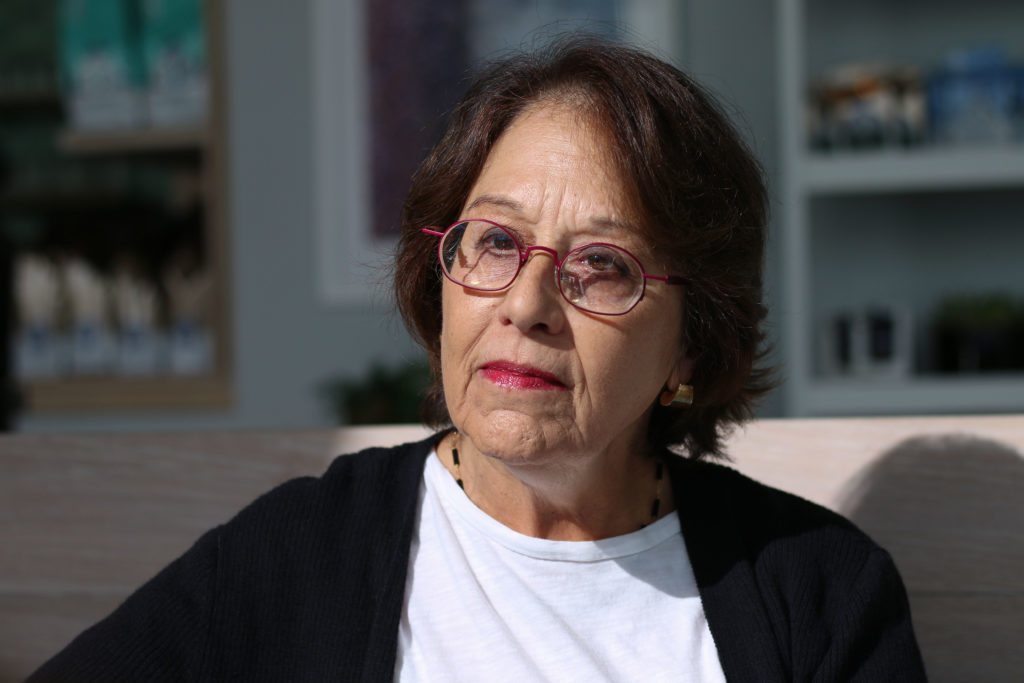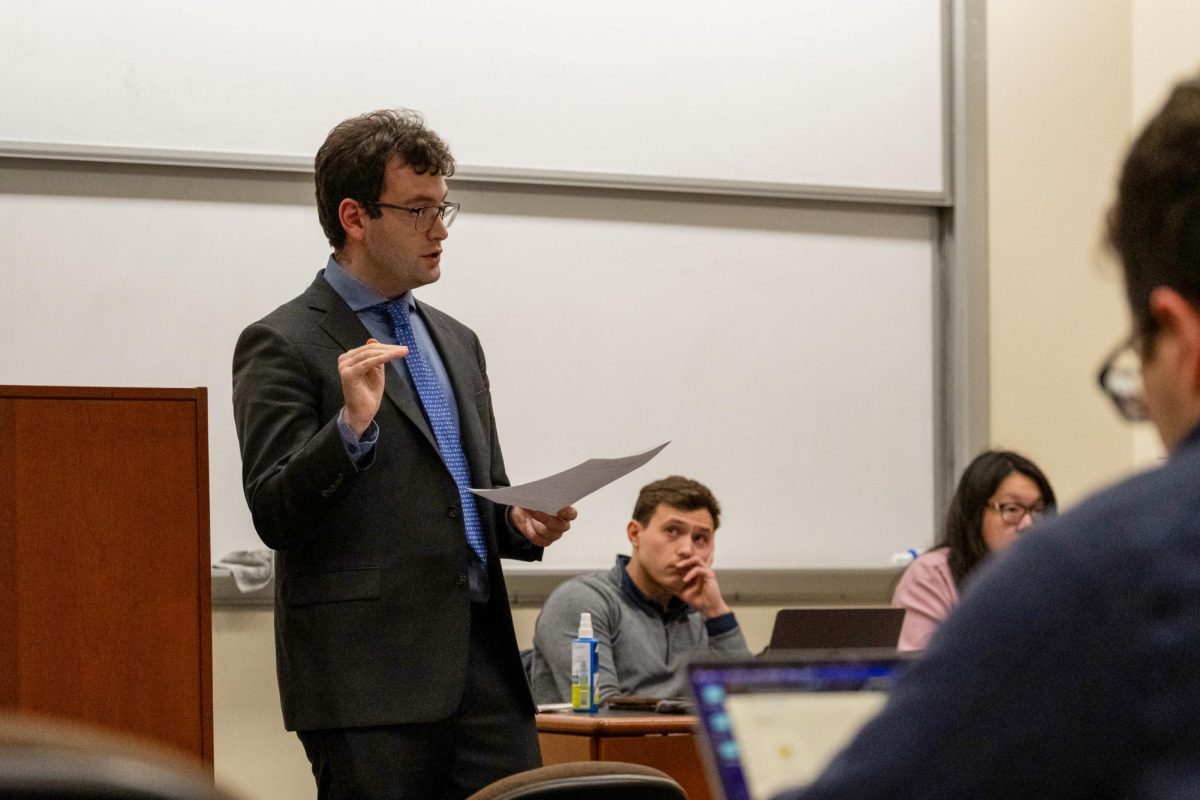A local governing body will launch committees this year to prioritize small businesses, pedestrian safety and homeless communities in Foggy Bottom.
Jeri Epstein, the chair of the Foggy Bottom and West End Advisory Neighborhood Commission, said members of the local ANC will partner with community members to assemble four committees overseeing infrastructure, the economy, strategic planning and neighborhood life. Commissioners said the committees will give community members more say in the ANC’s affairs and help commissioners prioritize long-term projects, like supporting businesses and combating food insecurity.
“It’s all a matter of preparation,” she said. “It’s a matter of bringing the neighborhood and the ANC together so they don’t look like two sides of a divide. My feeling is that if you understand where people are coming from and where their concerns are, you are always going to be faster in resolving an issue.”
Epstein said she’ll head the infrastructure committee, Commissioner Joel Causey will lead the economy committee, Commissioners Trupti Patel and Yannik Omictin will chair the neighborhood life committee and Commissioner Donna Barbisch will spearhead the strategic planning committee. She said she hopes to have each committee “in full swing” by April.
She said she plans to recruit members of the GW community, local employees and retired community members to serve on the committees so commissioners can gauge local interest and boost community awareness of local government. Epstein said she spoke with Kevin Days, the University’s community outreach director, about enlisting students, faculty members and University President Thomas LeBlanc in committee membership.
Epstein said she wanted to lead the infrastructure committee because of her long-term collaborations with the District Department of Transportation and the American Disabilities Association on projects like safer sidewalks for pedestrians. She’s considering asking James Harnett, a recent graduate and the former chair of the ANC, to help co-chair her committee, she said.
Epstein said the neighborhood life committee will focus on homeless services, like the distribution of meals from food pantries and sanitary supplies. The economy committee will work to bring more businesses and consumers to Foggy Bottom after the COVID-19 pandemic prompted several business closures, and the strategic planning committee will work to best allocate the community’s resources, like ANC funding to the city’s projects, she said.
Epstein said she selected each committee leader according to their passion and expertise in each subject. She said Causey has experience in redevelopment and business, Patel and Omictin have advocated for protecting homeless communities and Barbisch has developed planning skills with a concentration in public health through her leadership in the U.S. Army.
The economy committee held its first meeting last week to discuss plans to upzone the apartment complex at Columbia Plaza, which would permit the construction of a larger building.
“The whole idea is we involve people, who are smart people, from our neighborhood, from our school, from the ANC and get them to all work together instead of working across the hall from one another,” Epstein said.
Omictin, who will lead the neighborhood life committee, said his concentration should be divided among two separate committees, one covering public neighborhood life issues and another addressing senior living. He said dividing the committee would expand discussions about neighborhood life into conversations about homelessness and food insecurity, but the single group can still “get those solutions on the table.”
“For something as complex as homelessness here in Foggy Bottom, there needs to be a separate group handling that and proposing really solid, sustainable solutions because we can’t just bring the other folks and have some man-made solutions that are supposedly ‘easy’ to come up with,” he said. “We need to find really comprehensive solutions that make sure that the dignity of folks who are on the street is respected.”
He said he hopes to organize a task force including local community organizations, advocates and residents to pressure Mayor Muriel Bowser and the D.C. Council to pass legislation and invest in services that prohibit discrimination “on the basis of whether or not you have a home.”
Omictin said he hopes the committees will allow community members to “air grievances” and discuss more frequently the problems they face in the District. He said he’s contacting community groups, students and local advocates and residents to join as members.
He said he will push for a structured schedule for all committee meetings rather than the current plan to host meetings when an issue arises.
“I would love for it to be less of an ad-hoc committee and have more regular meetings with more time to air grievances about a specific topic but also have enough time to hear grievances we might not know exist yet,” Omictin said.
Barbisch, a former major general in the U.S. Army, said she decided to head the strategic planning committee to set priorities for the ANC’s projects based on her leadership experience with the military during the Vietnam War. She said her committee will work to establish long-term plans in collaboration with the D.C. Office of Planning to address issues, like homelessness, unsafe traffic and local streetscapes.
Barbisch said she hopes the committee will prioritize these local issues and draw up “road maps” to efficiently resolve them.
“In a committee structure, we give everybody the opportunity to highlight the issues of importance, and we’re able to be more effective in making decisions and supporting the community,” Barbisch said.
She said she’s currently working to update the ANC’s website with information about the committees’ projects and opportunities for community member engagement for local constituents, nonprofits and businesses. She said she encourages community members to attend more ANC meetings and express their interest in joining committees to commissioners in hopes of addressing community problem-solving.
“Let’s bring people together for specific areas, improve our communications, so that people know that we’re talking about it and we are more effectively representing you because that’s our job,” she said. “Our job is to represent our constituents and present the perspective of our constituents.”







